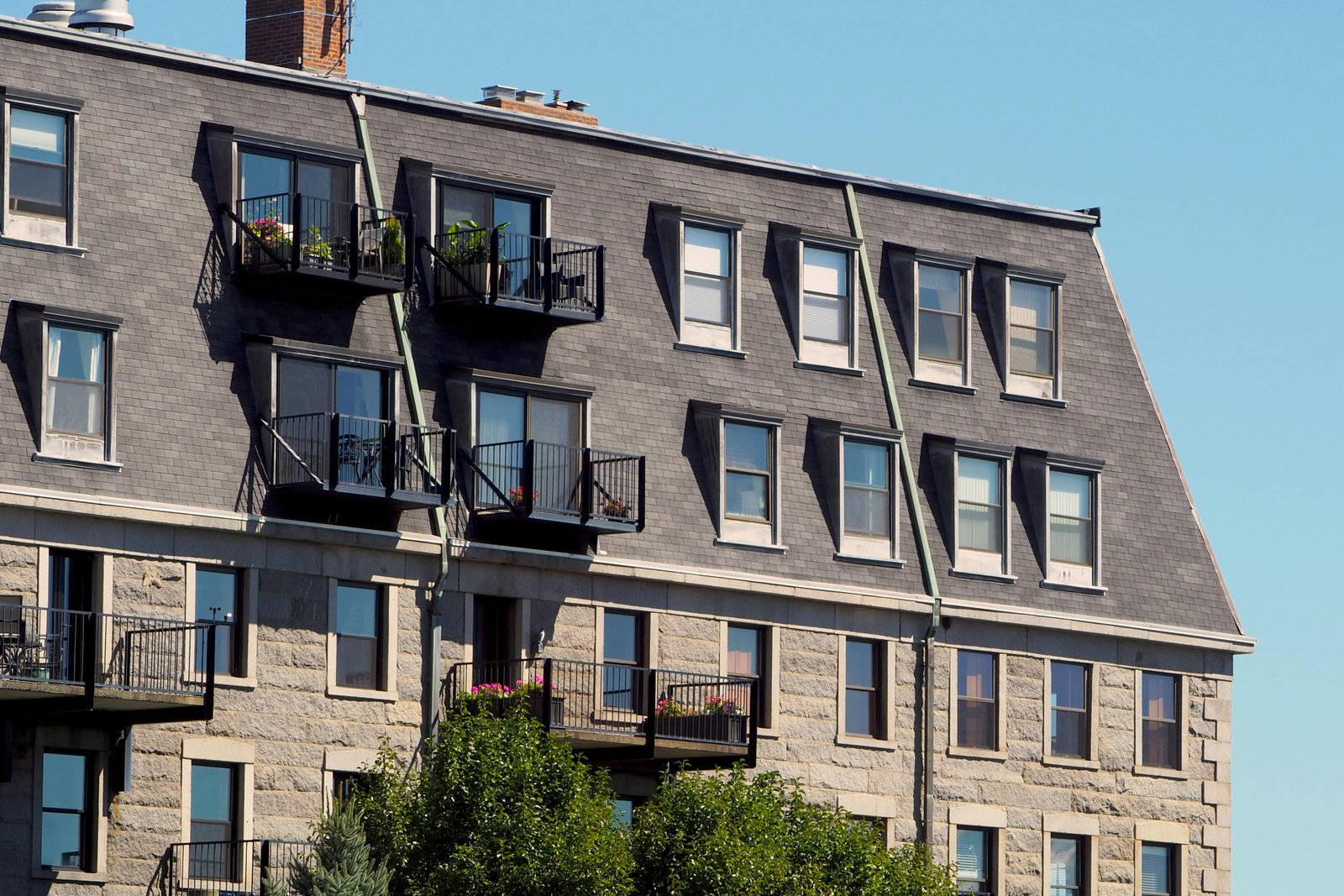The results are in, and they reveal a significant shift in the mindset of Metro Atlanta residents. According to the Atlanta Regional Commission’s 2024 Metro Atlanta Speaks survey, the economy has now overtaken crime as the top concern across the region. A striking 32% of respondents cited economic issues—including inflation, wages, and job stability—as the biggest problem facing the area today. This marks a clear turning point in public sentiment, reflecting broader national trends and highlighting new challenges for policymakers, local leaders, and residents alike.
What Is the Metro Atlanta Speaks Survey?
The Metro Atlanta Speaks survey, conducted annually by the Atlanta Regional Commission (ARC), is one of the most comprehensive public opinion surveys in the Southeast. Covering topics like transportation, housing, education, safety, and economic well-being, it gauges the priorities and anxieties of thousands of residents across 11 metro counties.
In its 2024 edition, a clear message emerged: economic uncertainty has taken center stage.
Economy Takes the Lead: What Are People Worried About?
The survey reveals that 32% of respondents now view economic issues as the most urgent problem facing metro Atlanta. This includes concerns such as:
- Rising cost of living and inflation
- Lack of affordable housing
- Wage stagnation and income inequality
- Job insecurity in key sectors like retail, logistics, and service
- General fear about economic instability and recession
In comparison, crime—last year’s top concern—has dropped in priority, though it still remains a significant issue, especially in certain urban pockets.
“People are feeling the pinch in their everyday lives—from rent hikes to grocery bills—and it’s showing up loud and clear in this year’s results,” said an ARC spokesperson.
Why This Matters: Interconnected Challenges
While the economic concerns seem obvious in a post-pandemic inflationary environment, the implications go much deeper. The economy influences nearly every other aspect of life in Metro Atlanta:
- Housing affordability is now a major barrier for both low- and middle-income families.
- Transportation costs, including fuel and public transit, are rising and impacting job access.
- Small businesses are still recovering from COVID-19 disruptions and now face high operating costs.
- Residents are increasingly skeptical about their ability to build generational wealth or retire comfortably in the region.
This economic anxiety is not just personal—it’s structural. It challenges the idea of Atlanta as a booming, opportunity-rich metro and forces a reconsideration of long-term planning.
How Does Crime Rank in 2024?
Though it has been overtaken by economic concerns, crime remains the second-highest concern in the 2024 survey. However, many residents now view crime as a symptom of deeper economic issues, such as poverty, lack of access to jobs, or inadequate support for mental health and addiction.
This subtle shift suggests that residents are connecting the dots, realizing that crime, housing, health, and education are deeply intertwined with the broader economy.
What Can Be Done: Regional Solutions for Economic Recovery
The survey results also serve as a call to action for local governments and policymakers. Here are some potential steps being discussed or proposed:
- Investing in workforce development programs to create high-paying, future-ready jobs
- Expanding affordable housing initiatives to help struggling renters and buyers
- Supporting small businesses and entrepreneurs, especially in underserved communities
- Upgrading transportation infrastructure to connect workers with jobs across the metro area
- Strengthening social safety nets, including access to childcare, healthcare, and education
With the economy now top-of-mind, regional collaboration across cities, counties, and organizations will be essential to restore public confidence and quality of life.











